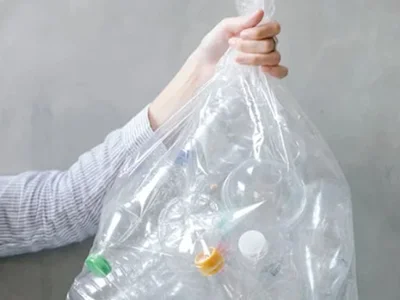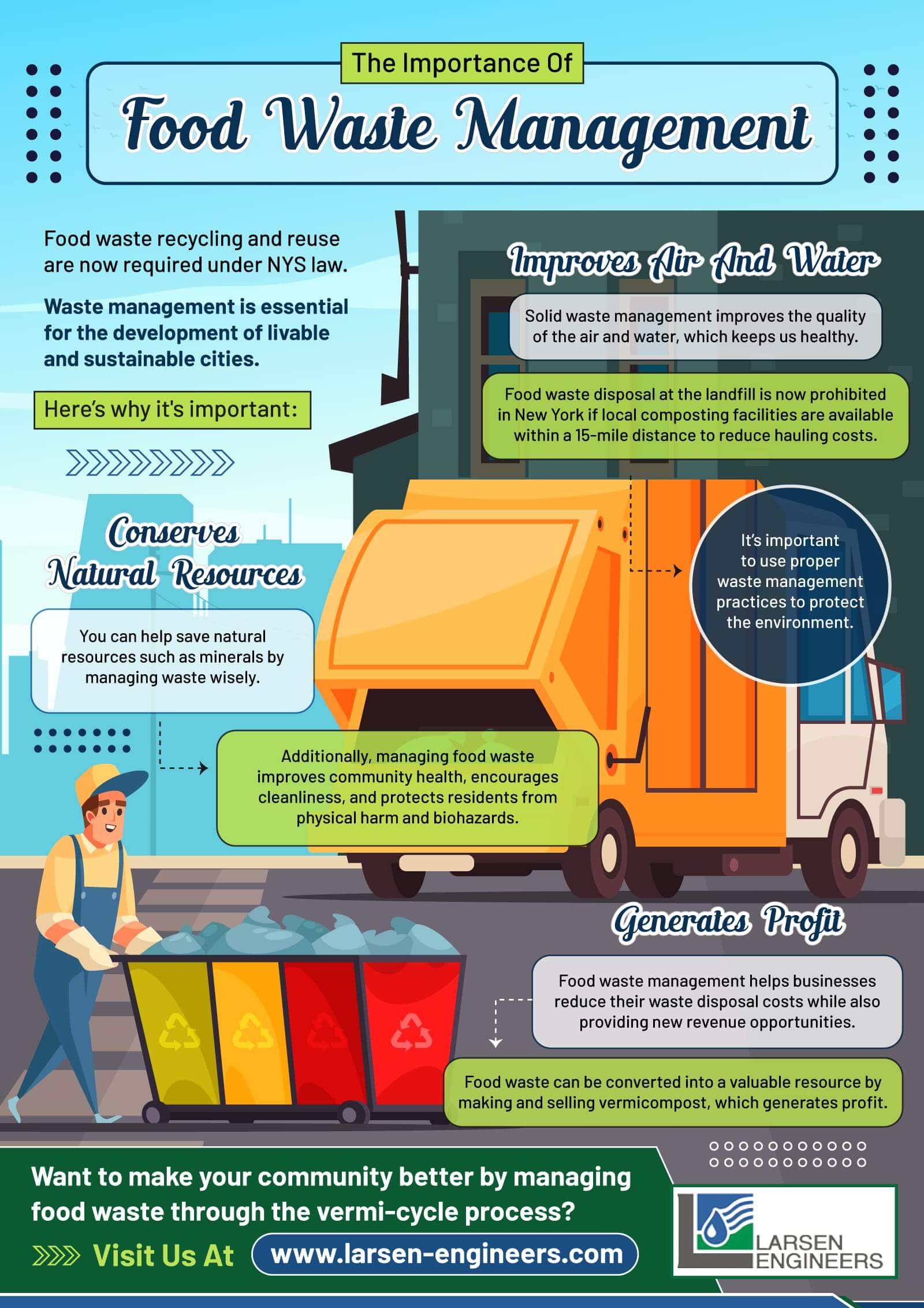The 4-Minute Rule for Reclaim Waste
The 4-Minute Rule for Reclaim Waste
Blog Article
The Best Guide To Reclaim Waste
Table of ContentsThe 7-Minute Rule for Reclaim WasteReclaim Waste for BeginnersThe Reclaim Waste PDFs10 Simple Techniques For Reclaim Waste9 Simple Techniques For Reclaim Waste
Residential sewer waste refers to the waste and products from a domestic septic storage tank. The correct management and disposal of domestic sewer waste require liquid waste to be moved to a sewage treatment plant where the appropriate methods and tools are used to detoxify and dispose of waste.
Commercial waste typically consists of potential hazards, such as flammable materials or a mixture of fluid and solid waste products, and needs an advanced and detailed disposal process. The disposal of industrial waste commonly includes the filtration of waste before transport to make certain risk-free and appropriate disposal. Industrial waste is developed from by-products and runoff of industrial processes and manufacturing.
This kind of waste can not use the same sewage administration transport or procedures as septic or commercial fluids. The hazardous waste management procedure requires the inspection and screening of liquid waste prior to it undergoes the disposal process (liquid waste removal melbourne). Runoff waste is the liquid waste that originates from overflow and excess stormwater in very booming locations or cities
Runoff waste can cause contamination and flooding if not dealt with correctly. Discover more about drain cleaning and waste administration. Guaranteeing correct waste administration can protect against catastrophes and reduce ecological harm. Both people in domestic settings and experts in business or production sectors can benefit from recognizing the procedures and guidelines of fluid waste monitoring.
Reclaim Waste Fundamentals Explained
Call PROS Solutions today to discover our waste management and disposal services and the correct means to care for the fluid waste you generate.
(http://peterjackson.mee.nu/where_i_work#c2441)This supposed 'wastewater' is not only a vital source yet, after therapy, will be released to our land, waterways or the ocean. Made use of water from toilets, showers, bathrooms, kitchen sinks, washings and commercial procedures is known as wastewater.

water used to cool equipment or clean plant and equipment). Stormwater, a kind of wastewater, is runoff that flows from agricultural and metropolitan locations such as roofs, parks, gardens, roads, paths and rain gutters into stormwater drains pipes, after rainfall. Stormwater flows unattended straight to regional creeks or rivers, ultimately getting to the sea.
The Best Guide To Reclaim Waste
In Queensland, the majority of wastewater is dealt with at sewer therapy plants. Wastewater is delivered from residential or industrial sites with a system of sewage systems and pump terminals, understood as sewage reticulation, to a Visit Your URL sewage treatment plant. City governments construct, preserve and operate most sewer treatment plants. Operators are accredited under the Environmental Management Act 1994 to release treated wastewater at an appropriate ecological standard into waterways.
The Department of Natural Resources encourages local federal governments about managing, operating and preserving sewerage systems and treatment plants. In unsewered areas, city governments might call for householders to mount specific or house sewage treatment systems to deal with residential wastewater from commodes, cooking areas, bathrooms and laundries. The Division of Natural Resources authorizes the use of household systems when they are shown to be effective.
In some new class, treatment of some stormwater to remove litter, sand and crushed rock has actually started utilizing gross pollutant catches. Wastewater treatment happens in four phases: Gets rid of solid issue.
Uses small living organisms understands as micro-organisms to damage down and get rid of staying liquified wastes and fine fragments. Micro-organisms and wastes are integrated in the sludge.
Reclaim Waste Things To Know Before You Buy
Nutrient elimination is not offered at all sewage treatment plants since it calls for expensive specialised equipment. Clear fluid effluent created after therapy may still include disease-causing micro-organisms - liquid waste disposal.

This normally means wastewater needs to be treated or contaminants eliminated before it can be discharged to waterways. Most wastewater flows right into the sewerage system. Under the Act, city governments provide approvals and licences for environmentally pertinent activities (Ages) including wastewater launches that could have a regional influence. The department carries out authorizations and licences to Ages involving wastewater launches that might have a regional or statewide effect.
Reclaim Waste Fundamentals Explained
Surveillance supplies accurate info about water top quality and can confirm that permit problems are being fulfilled. The info acquired with surveillance provides the basis for making water top quality choices.
Report this page